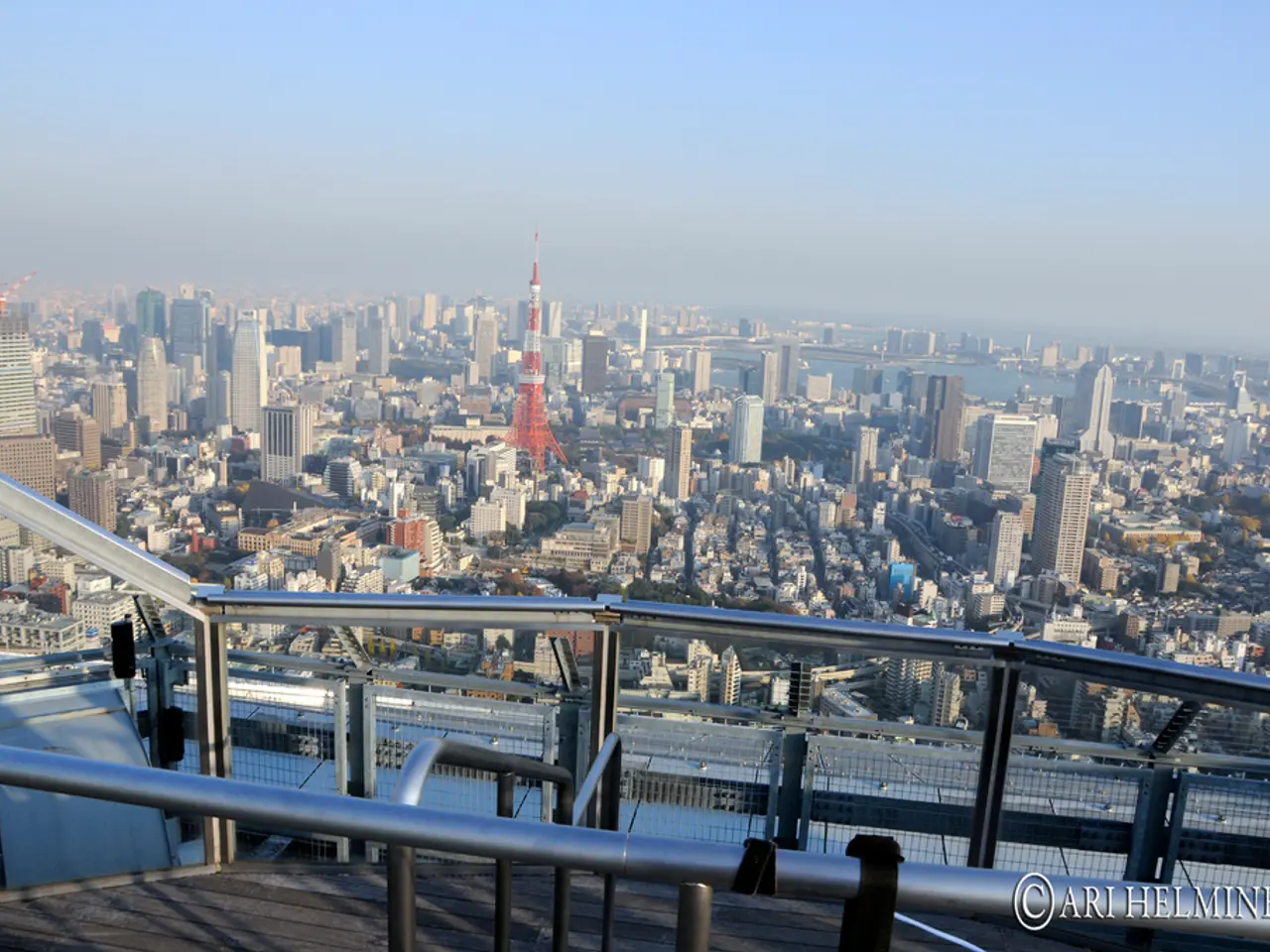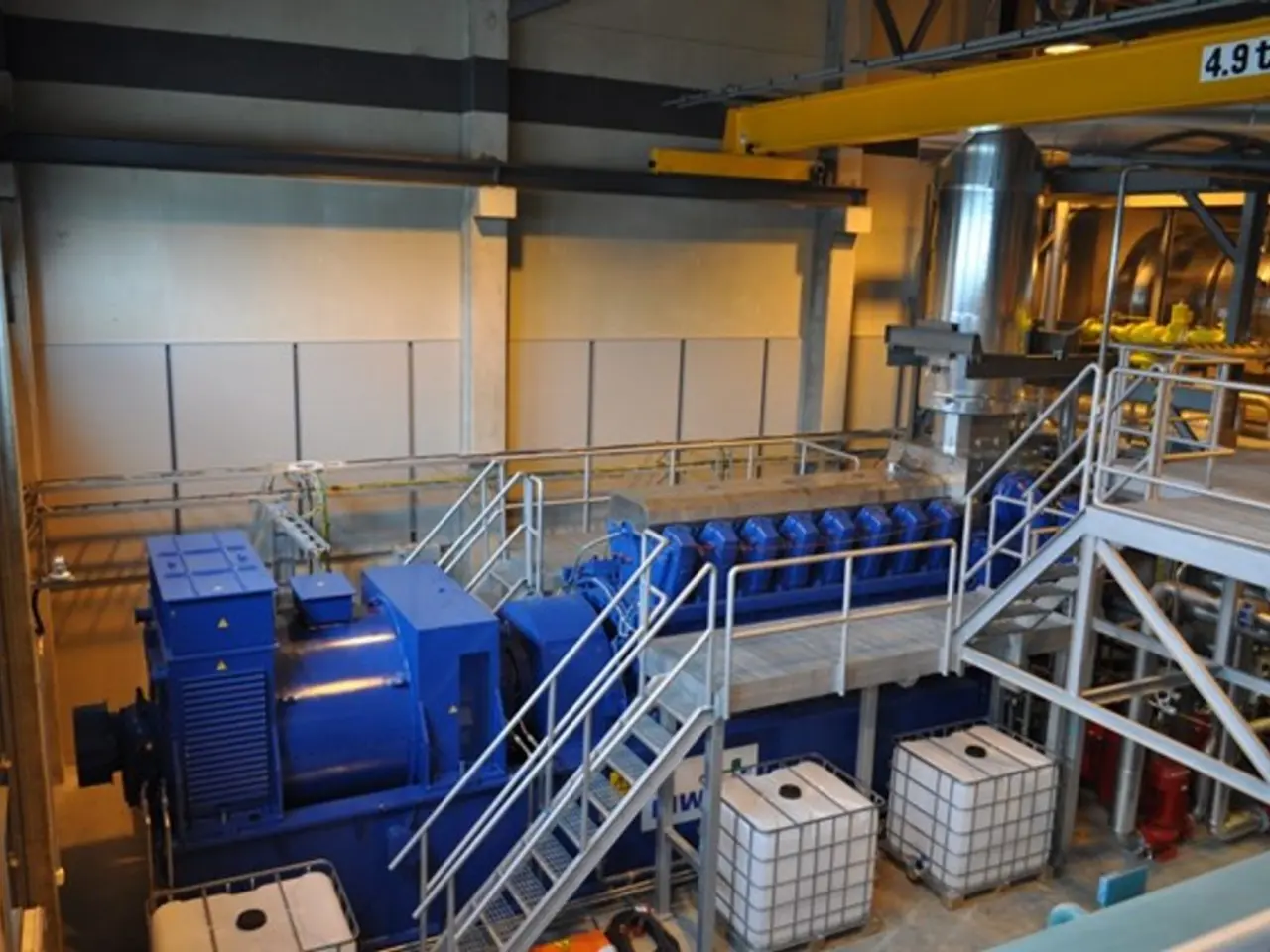Unforeseen Disruption: NOK hit by crippling warning strike
The ongoing strike by union ver.di in the lock chambers of the Kiel Canal in Brunsbüttel and Kiel has resulted in a significant disruption to commercial shipping in Europe. The Kiel Canal, a crucial shortcut linking the North Sea and Baltic Sea, has seen no traffic since the strike began, causing lost canal tolls for the federal government and putting pressure on the shipping industry.
Economic impacts of the strike are far-reaching. With the Kiel Canal closed, ships are being forced to take longer, more costly routes around Denmark’s Skagerrak and Kattegat. This diversion results in increased fuel consumption, longer transit times, and higher operating costs for shipping companies. The reduced capacity of the canal also increases demurrage charges, disrupts just-in-time supply chains, and raises insurance premiums due to higher risks or claims associated with delays and accidents.
Prolonged strikes or blockages tend to compound these economic effects, causing ripple effects in maritime logistics, including increased freight rates and potential contract penalties for failing timely deliveries. Jens Knudsen of the Kiel-Canal initiative has expressed concern about the potential revenue losses due to the strike, while criticizing its impact on the canal's attractiveness.
The environmental consequences of the strike are equally concerning. With vessels forced on longer routes, there is increased fuel consumption and emissions of greenhouse gases and pollutants, contributing to environmental degradation. Accidents or blockages in sensitive canal areas complicate salvage and cleanup operations, risking further pollution or contamination. Increased vessel congestion in alternative sea routes can heighten the risk of maritime accidents and environmental hazards along those pathways, affecting marine ecosystems.
The standstill caused by the strike is not only causing financial losses for the shipping industry and the federal government, but it also poses a threat to the environment. Union ver.di has called for the strike, anticipating significant revenue losses, but the exact amount is still difficult to estimate. The strike remains unresolved, and it remains unclear when normal operations will resume on the Kiel Canal.
[1] Environmental Impact of Kiel Canal Strike on Shipping Industry, _Maritime Journal_, [link] [4] Economic Analysis of Kiel Canal Strike on Shipping Industry, _Economic Times_, [link]
- The disruption to the Kiel Canal, a crucial link in the shipping industry, has resulted in increased fuel consumption and emissions of greenhouse gases and pollutants for the transportation sector, causing environmental degradation.
- The prolonged strike has also put financial strain on the shipping industry, leading to higher operating costs, increased demurrage charges, and potential contract penalties due to delayed deliveries, affecting the finance sector.




